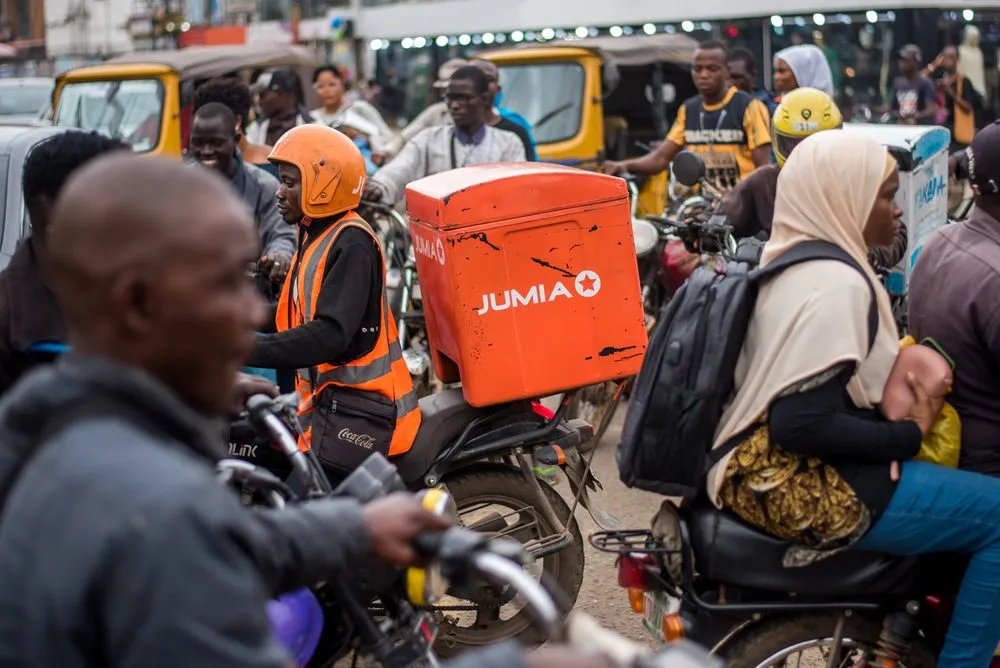In a bid to shift from a traditional online marketplace to a logistics and fulfillment one, Jumia has started offering third-party logistics services through Jumia Delivery.
In Nigeria, social media sellers, informal sells, and informal merchants can now access Jumia’s logistics infrastructure services to transport packages all over the country. These services include the company’s delivery vehicles, warehouses, and even 494 pickup stations. However, expansion into Kenya, Ghana, and Senegal is still subject to regulatory approvals.
As said by Jumia’s CEO Francis Dufay, ‘We are now looking at informal merchants’ local social commerce businesses not as competitors but as potential partners.’ While speaking in the Q1 2025 earnings call, he stated, ‘informal merchants will continue to exist and present opportunities for us, and we have to capitalize on that.’
Millions of merchants and retailers actively rely on WhatsApp and Instagram to reach clients, however, struggle to find a trustable delivery system. Jumia plans to solve this fulfillment hurdle while generating more profit simultaneously.
Along with this, Jumia is now also in direct competition with logistics providers which include DHL, GIG Logistics, Kwik Delivery, Sendbox and Chowdeck.

